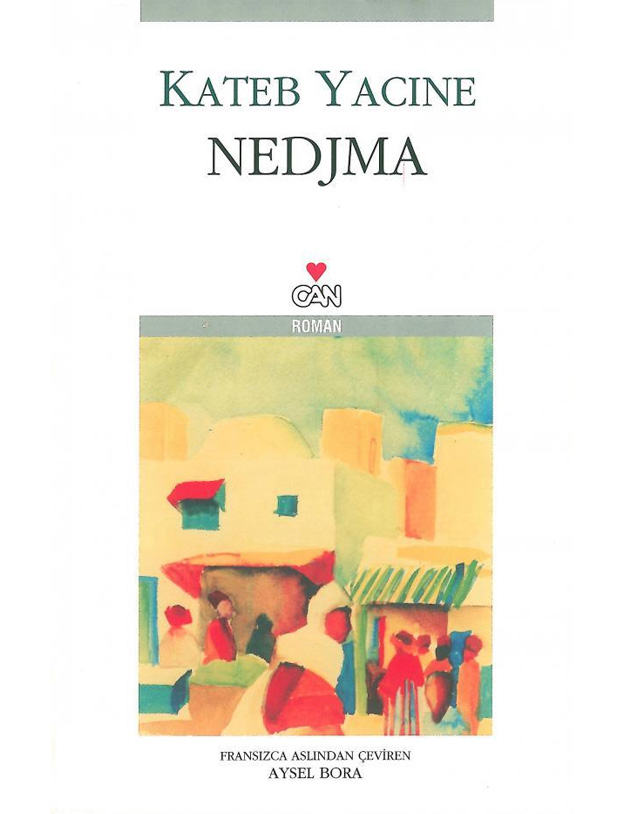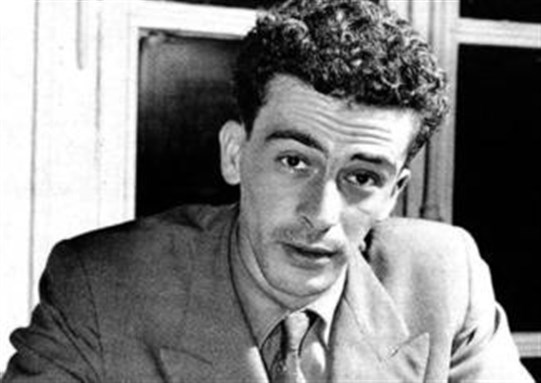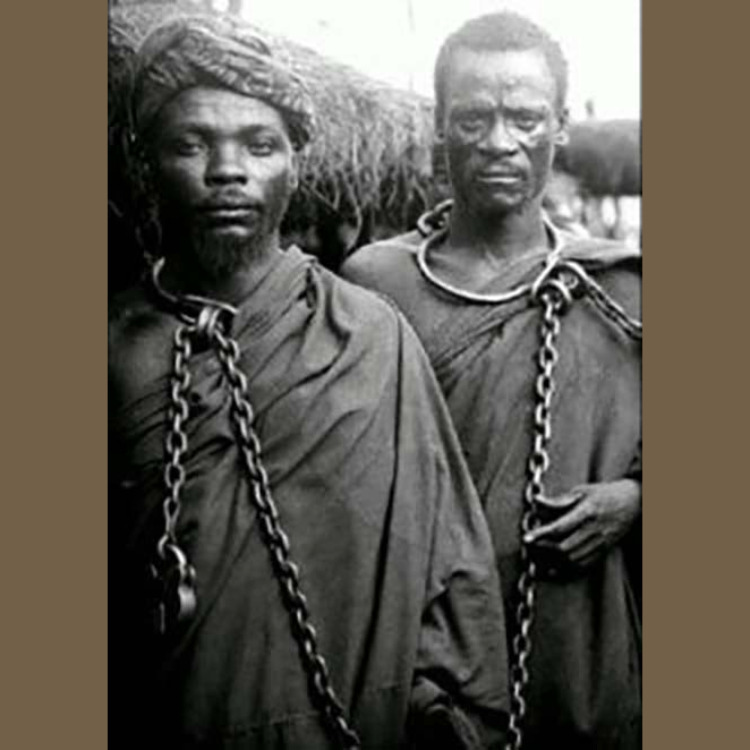Nedjma – Kateb Yacine
Plot Summary
Nedjma (published in 1956) is not a simple, straight-line story. It’s more like a puzzle, a dream, or even a song with echoes and repetitions. At its heart, it follows four young Algerian men, Lakhdar, Mourad, Mustapha, and Rachid, who are all bound together by their love for the same woman, Nedjma. But this isn’t just a love story. Nedjma is not only a woman, but she’s also a kind of mirror for Algeria itself.
The novel is set during French colonial rule, a time when Algeria was trapped, bruised, and fighting for its identity. The characters themselves feel lost and fragmented. They struggle with colonial oppression, prison, exile, and betrayal. Each one, in his own way, searches for meaning, for freedom, and for connection to something larger than himself.
Nedjma, the woman, is elusive. She’s beautiful, mysterious, and distant. She hardly speaks in the novel, yet she is the center of everything. She is like Algeria, desirable, wounded, and silent. Through her, Kateb Yacine shows how colonialism fractured both love and identity.
The structure of the book is also important. It doesn’t move in a neat beginning–middle–end. Instead, it’s fragmented, like memories or oral storytelling. You move back and forth in time, hearing different voices. This style itself reflects the brokenness of colonial Algeria and the way history often comes to us, scattered, incomplete, and layered.
Nedjma is about Algeria’s pain under colonialism, told through the stories of young men and their obsession with a woman who is more than just a person, she is history, land, and nation itself.
About the Author
Kateb Yacine (1929–1989) was an Algerian writer, poet, and playwright. He grew up during French colonial rule and saw first-hand the violence and injustice that came with it. At just 15 years old, he was arrested for joining protests against French rule, an experience that marked him deeply and shaped his writing.
He started off as a poet but later became one of the most important voices in Algerian literature. What made him stand out was the way he experimented with language and form. Instead of writing in simple French, he twisted it, broke it, and reshaped it to express Algerian reality. He once called French a “war booty,” meaning it was a language taken from the colonizer but repurposed for liberation.
After Nedjma, he also became known for his plays, especially those written in colloquial Arabic and Berber dialects, because he wanted ordinary Algerians to see themselves on stage and hear their own voices. He believed literature was not just for the elite but for everyone.
Kateb Yacine lived a restless life, moving between Algeria, France, and other parts of the world, always deeply political and committed to the fight for independence and justice. Today, he is remembered as a pioneer who gave Algeria one of its greatest literary treasures in Nedjma.
latest video

nia via inbox
Stay connected. Subscribe and get updated on what's new with Nia!








